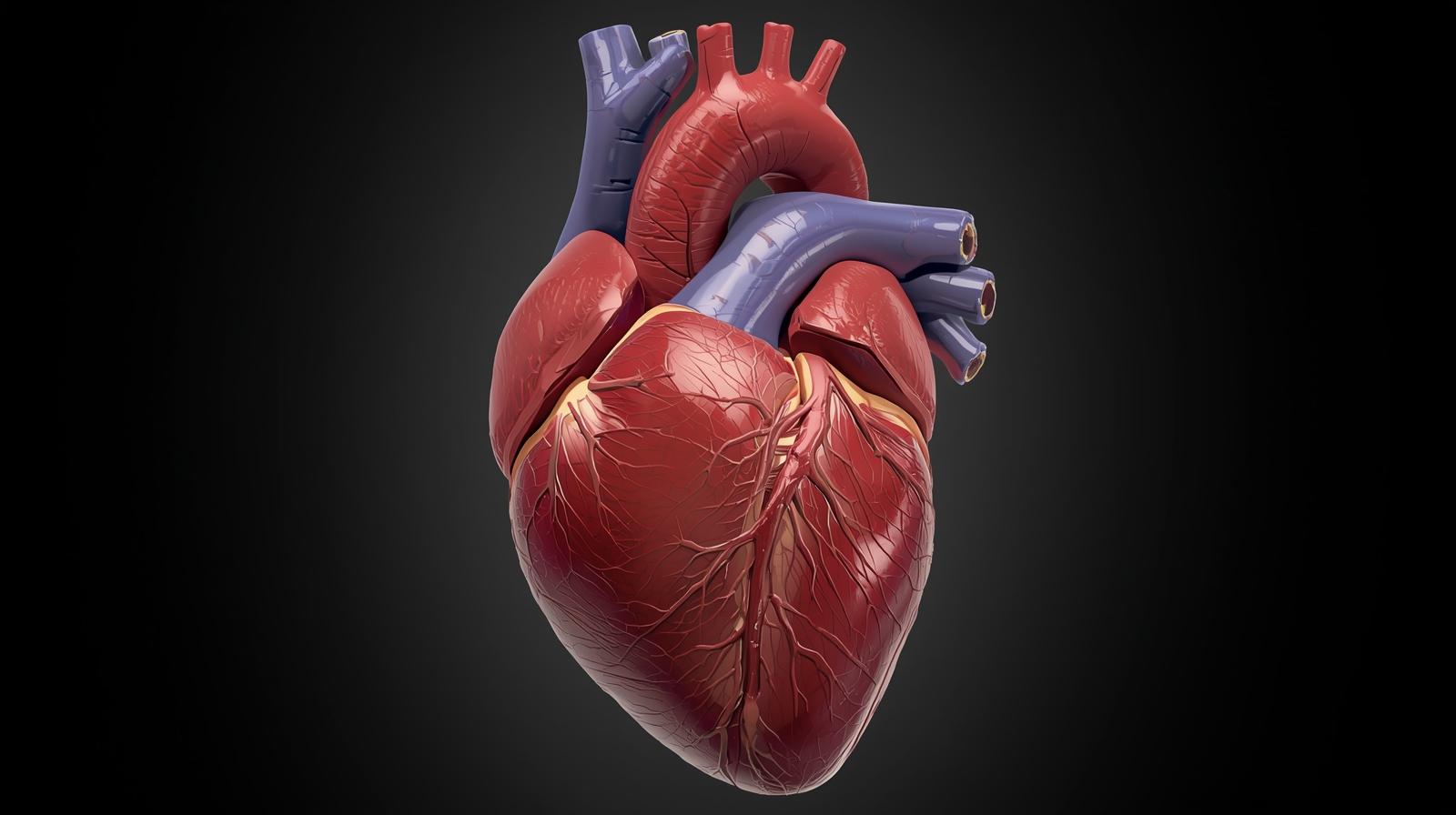Vitamin D - Think D for Defence!
Welcome to your ultimate guide to Vitamin D, often dubbed the 'sunshine vitamin'. This essential nutrient plays a critical role in numerous bodily functions, influencing everything from bone health to immune response. In this comprehensive blog post, we'll delve deep into the world of Vitamin D, exploring its sources, health benefits, deficiency symptoms, and how to ensure you're getting enough to thrive.
Get ready to bask in the knowledge of this vital vitamin and discover how it can transform your health!
What is Vitamin D and Why is it Important?
Vitamin D is a fat-soluble vitamin that's unique because your body can produce it when your skin is exposed to sunlight. However, many factors, including geographical location, skin pigmentation, and lifestyle, can hinder this natural production. That's where dietary sources and supplementation come in.
Unlike other vitamins that primarily function as building blocks or catalysts, Vitamin D acts more like a hormone, influencing a vast array of physiological processes. Its primary role is to regulate calcium absorption, which is crucial for building and maintaining strong bones and teeth. However, its influence extends far beyond skeletal health.
Vitamin D receptors are found throughout the body, indicating its involvement in various cellular processes, including:
- Immune Function: Vitamin D helps regulate the immune system, reducing the risk of infections and autoimmune diseases.
- Muscle Function: It plays a role in muscle strength and function, preventing falls and improving physical performance.
- Cell Growth: Vitamin D helps regulate cell growth and differentiation, potentially reducing the risk of certain cancers.
- Mood Regulation: It may influence mood and cognitive function, with deficiencies linked to depression and cognitive decline.
- Cardiovascular Health: Some studies suggest a link between Vitamin D levels and cardiovascular health, although more research is needed.
Given its widespread impact, maintaining adequate Vitamin D levels is essential for overall health and wellbeing.
The Best Sources of Vitamin D:
There are three primary ways to obtain Vitamin D: sunlight exposure, dietary sources, and supplements. Let's explore each in detail:
Sunlight Exposure
Sunlight is the most natural and efficient way for your body to produce Vitamin D. When ultraviolet B (UVB) rays from the sun hit your skin, they trigger the synthesis of Vitamin D3 (cholecalciferol). However, several factors can affect your body's ability to produce Vitamin D from sunlight:
- Time of Day: UVB rays are strongest between 10 am and 3 pm.
- Season: During winter months, the sun's angle is lower, reducing UVB ray intensity, especially at higher latitudes.
- Latitude: People living further from the equator receive less UVB radiation year-round.
- Skin Pigmentation: Melanin, the pigment in skin, absorbs UVB rays, reducing Vitamin D production in people with darker skin.
- Sunscreen Use: Sunscreen blocks UVB rays, hindering Vitamin D synthesis. However, it's important to balance sun exposure with sun protection to prevent skin damage. Don't use off the shelf sunscreens, always go for natural protection.
- Age: As you age, your skin's ability to produce Vitamin D decreases.
To maximize Vitamin D production from sunlight, aim for 10-30 minutes of midday sun exposure several times a week, exposing as much skin as possible without sunscreen. However, always prioritize sun safety and avoid prolonged exposure that could lead to sunburn.

Dietary Sources:
Unfortunately, very few foods naturally contain significant amounts of Vitamin D. The best dietary sources include:
- Fatty Fish: Salmon, tuna, mackerel, and cod liver oil are excellent sources of Vitamin D3.
- Egg Yolks: Egg yolks contain Vitamin D, but the amount varies depending on the hen's diet and exposure to sunlight.
- Fortified Foods: Many foods are fortified with Vitamin D, including milk, yogurt, orange juice, and cereals. Check the nutrition labels to see if a food is fortified.
- Mushrooms: Some mushrooms, especially those exposed to UV light, can produce Vitamin D2 (ergocalciferol).
While dietary sources can contribute to your Vitamin D intake, it's often challenging to obtain sufficient amounts from food alone, especially if you don't consume fatty fish regularly or have limited access to fortified foods.

Supplements:
Vitamin D supplements are a convenient and reliable way to ensure you're meeting your daily requirements, especially during winter months or if you have risk factors for deficiency. Vitamin D supplements are available in two forms:
- Vitamin D2 (ergocalciferol): This form is derived from plants and is less effective at raising blood levels of Vitamin D compared to D3.
- Vitamin D3 (cholecalciferol): This form is identical to the Vitamin D produced by your skin in response to sunlight and is generally considered more effective.
The recommended daily intake of Vitamin D varies depending on age, health status, and individual needs. However, a general guideline is:
- Adults: 600-800 IU (International Units) per day.
- Adults over 70: 800 IU per day.
- Infants and Children: 400-600 IU per day.
Individuals at risk of deficiency, such as those with dark skin, limited sun exposure, or certain medical conditions, may require higher doses. It's best to consult with a healthcare professional to determine the appropriate dosage for your specific needs. It is also important to note that Vitamin D is fat-soluble, and it's generally better absorbed when taken with a meal containing good, healthy fats.
Health and Wellbeing Benefits of Vitamin D:
As we've established, Vitamin D is more than just a vitamin; it's a crucial hormone that influences a wide range of physiological processes. Here's a closer look at the key health and wellbeing benefits of maintaining adequate Vitamin D levels:
Bone Health:
Vitamin D's primary role is to regulate calcium absorption, which is essential for building and maintaining strong bones. It helps prevent:
- Rickets: A condition that affects bone development in children, causing soft and weakened bones.
- Osteomalacia: A similar condition in adults, characterized by soft and painful bones.
- Osteoporosis: A condition in which bones become weak and brittle, increasing the risk of fractures. Vitamin D, along with calcium, is crucial for preventing osteoporosis, especially in older adults.
Immune Function:
Vitamin D plays a vital role in regulating the immune system, helping to protect against infections and autoimmune diseases. It does this by:
- Enhancing Immune Cell Function: Vitamin D activates immune cells, such as T cells and macrophages, helping them fight off pathogens.
- Reducing Inflammation: It helps regulate inflammatory responses, preventing excessive inflammation that can damage tissues.
- Supporting Respiratory Health: Some studies suggest that Vitamin D may help protect against respiratory infections. Deficiencies can make you more susceptible to infections.
Muscle Function:
Vitamin D is essential for maintaining muscle strength and function. It helps:
- Improve Muscle Strength: Vitamin D receptors are found in muscle tissue, indicating its involvement in muscle protein synthesis.
- Prevent Falls: Adequate Vitamin D levels can improve balance and coordination, reducing the risk of falls, especially in older adults.
- Enhance Physical Performance: It can improve muscle power and endurance, leading to better athletic performance.
Mental Health:
Research suggests a link between Vitamin D and mental health, with deficiencies linked to:
- Depression: Low Vitamin D levels have been associated with an increased risk of depression and seasonal affective disorder (SAD).
- Cognitive Decline: Some studies suggest that Vitamin D may play a role in cognitive function and memory, with deficiencies linked to cognitive decline in older adults.
- Mood Regulation: It may influence neurotransmitter function, affecting mood and overall well-being.
Other Potential Benefits:
Emerging research suggests that Vitamin D may also play a role in:
- Cardiovascular Health: Some studies suggest a link between Vitamin D levels and cardiovascular health, although more research is needed to confirm these findings.
- Cancer Prevention: Vitamin D helps regulate cell growth and differentiation, potentially reducing the risk of certain cancers, such as colon, breast, and prostate cancer. However, more research is needed.
- Diabetes Management: It may improve insulin sensitivity and glucose metabolism, potentially helping to prevent or manage type 2 diabetes.

Symptoms of Vitamin D Deficiency:
Vitamin D deficiency is a widespread problem, affecting a significant portion of the population worldwide. The symptoms of Vitamin D deficiency can be subtle and often go unnoticed, especially in the early stages. Here are some common signs and symptoms to watch out for:
Fatigue and Weakness:
One of the most common symptoms of Vitamin D deficiency is persistent fatigue and weakness, even after getting adequate sleep. This is because Vitamin D plays a role in energy production and muscle function. If you're constantly feeling tired and drained, it could be a sign of low Vitamin D levels.
Bone Pain and Muscle Aches:
Vitamin D deficiency can lead to bone pain and muscle aches, as it affects calcium absorption and muscle function. The pain may be dull or achy and can occur in various parts of the body, such as the back, legs, and hips. Muscle weakness and cramps are also common.
Frequent Infections:
Vitamin D plays a crucial role in immune function, so deficiency can weaken your immune system and make you more susceptible to infections. If you're frequently getting sick with colds, flu, or other infections, it could be a sign of low Vitamin D levels.
Depression and Mood Changes:
As mentioned earlier, Vitamin D deficiency has been linked to depression and mood changes. Low Vitamin D levels can affect neurotransmitter function, leading to feelings of sadness, hopelessness, and anxiety. Seasonal affective disorder (SAD) is a type of depression that's often linked to Vitamin D deficiency during winter months.

Slow Wound Healing:
Vitamin D is involved in wound healing, so deficiency can slow down the healing process. If you notice that cuts, scrapes, or surgical incisions are taking longer than usual to heal, it could be a sign of low Vitamin D levels.
Hair Loss:
While hair loss can be caused by various factors, Vitamin D deficiency has been linked to alopecia areata, an autoimmune condition that causes patchy hair loss. If you're experiencing excessive hair shedding or bald patches, it's worth checking your Vitamin D levels.
Other Potential Symptoms
Other potential symptoms of Vitamin D deficiency include:
- Increased Bone Fractures: Weakened bones due to low Vitamin D levels can increase the risk of fractures, especially in older adults.
- Impaired Cognitive Function: Vitamin D deficiency may affect cognitive function and memory, especially in older adults.
- High Blood Pressure: Some studies suggest a link between low Vitamin D levels and high blood pressure.
- Chronic Pain: Vitamin D deficiency may contribute to chronic pain conditions, such as fibromyalgia.
If you're experiencing any of these symptoms, it's best to consult with a healthcare professional to get your Vitamin D levels checked and determine the appropriate course of action.
How to Test Your Vitamin D Levels:
The most accurate way to determine your Vitamin D status is through a blood test called a 25-hydroxyvitamin D test (25(OH)D). This test measures the amount of Vitamin D in your blood and can help identify deficiency or excess. You can ask your doctor to order this test, or you can purchase an at-home testing kit online. However, it's always best to discuss the results with a healthcare professional to get personalized recommendations.
Key Takeaways:
Vitamin D is an essential nutrient that plays a crucial role in numerous bodily functions, including bone health, immune function, muscle function, and mental health. Maintaining adequate Vitamin D levels is essential for overall health and wellbeing. You can obtain Vitamin D through sunlight exposure, dietary sources, and supplements. Symptoms of Vitamin D deficiency can be subtle and often go unnoticed, but may include fatigue, bone pain, muscle aches, frequent infections, depression, and hair loss. If you're concerned about your Vitamin D levels, consult with a healthcare professional to get tested and determine the appropriate course of action.
NOTE:
This post includes affiliate links to Amazon. If you choose to buy through these links, I may earn a small commission, which helps support this blog—thank you.
Recommended Vitamin D & K2 Supplement:


